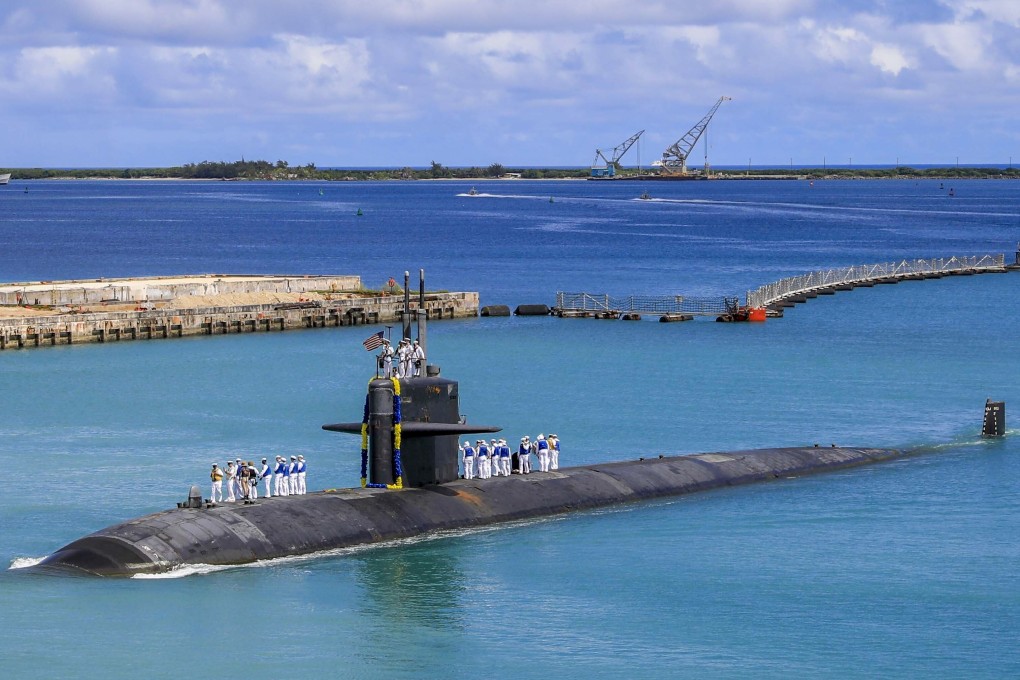US should give Australia access to operations in Singapore, Guam, Philippines: report
- A new report by Australia’s former consul general in Honolulu calls for greater integration with US forces under a ‘collective deterrence strategy’ aimed at China’s rise
- The suggestion follows the formation of the AUKUS alliance, which includes the two countries and Britain, and will see Australia gain access to nuclear submarine technology

The allies should look at new “combined access arrangements” among a number of ways to strengthen “integrated deterrence” against Beijing’s growing assertiveness in the region, according to the report released by the Sydney-based United States Studies Centre on Friday.
“Greater Australian access to US operating locations in Guam, the Philippines and Singapore could significantly augment the Australian Defence Force’s strategic footprint,” says the report authored by Australia’s former consul general in Honolulu, Jane Hardy.
Washington operates a number of major military installations on Guam, a US territory, and has access to facilities in Singapore and the Philippines under a pair of security pacts.
Washington should also involve Canberra in the early stages of military planning, including contingency scenarios involving “grey-zone tactics or the limited use of force by China”, according to the report.
